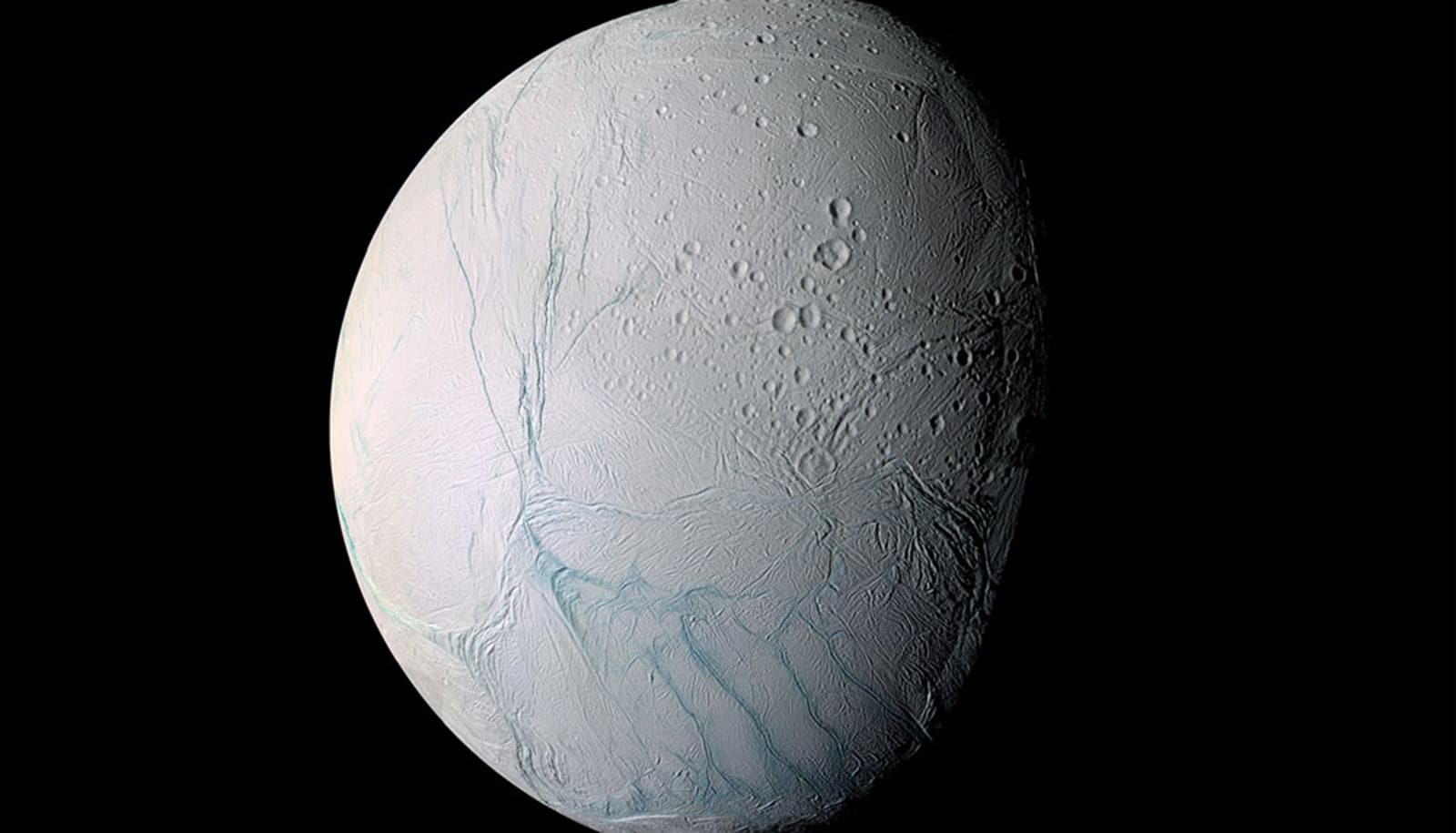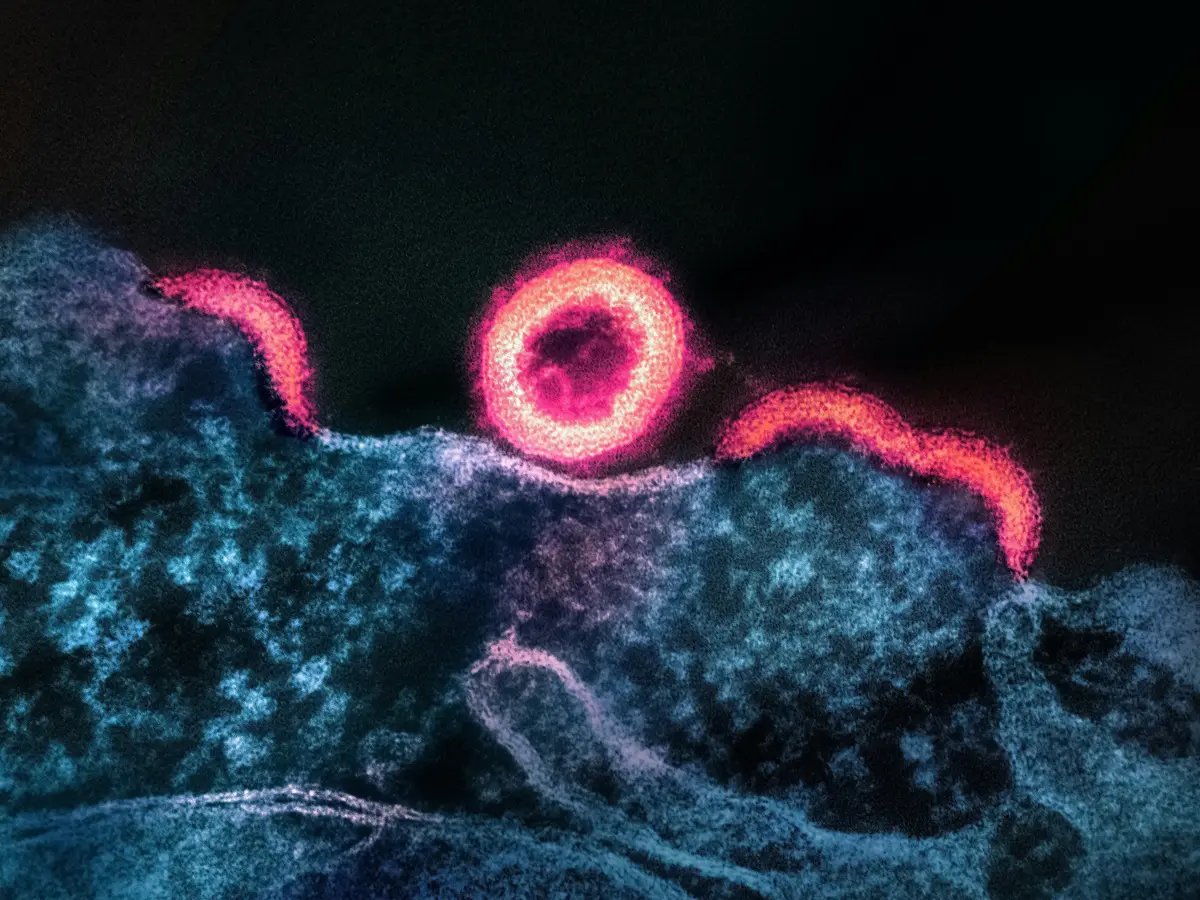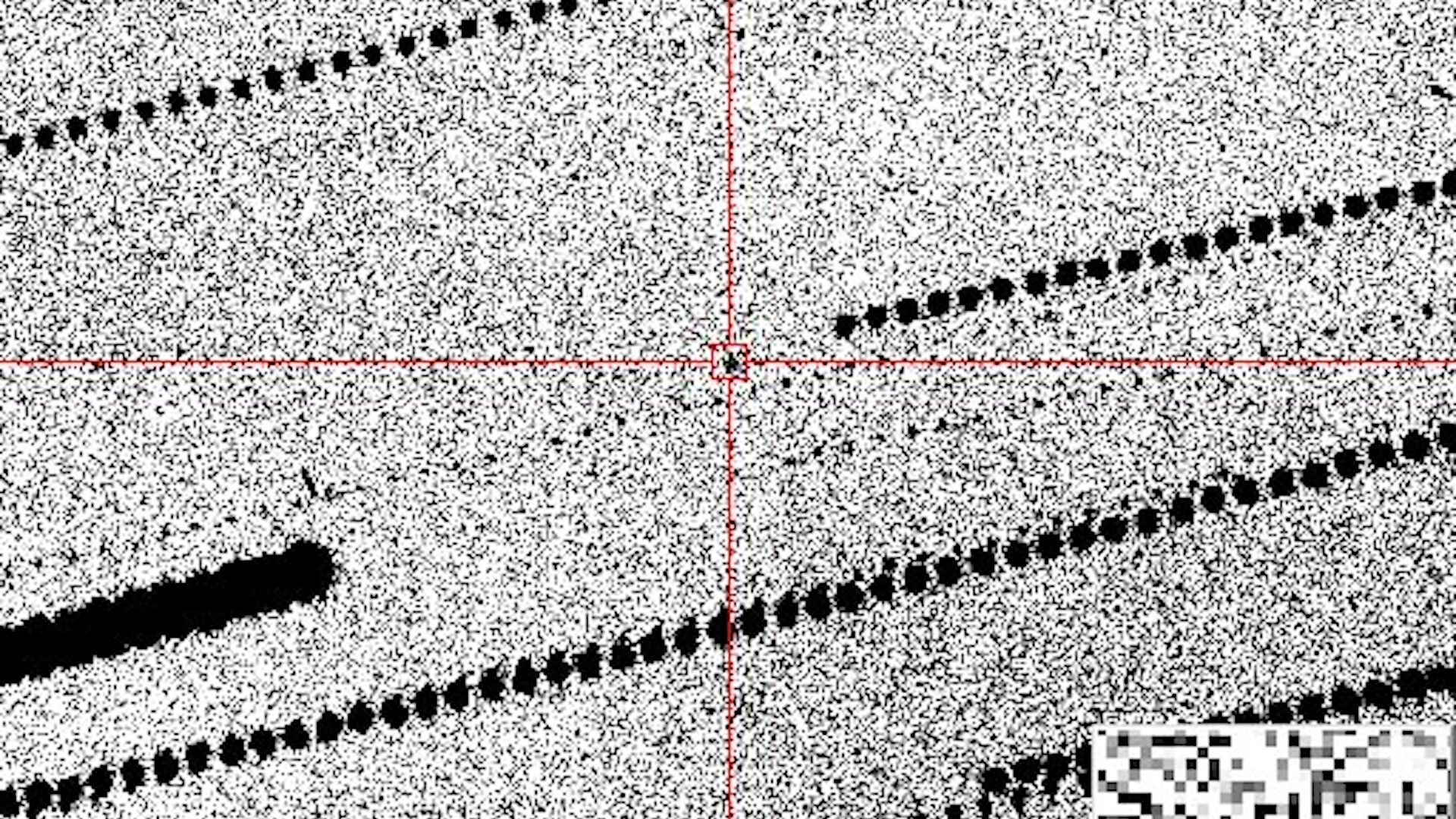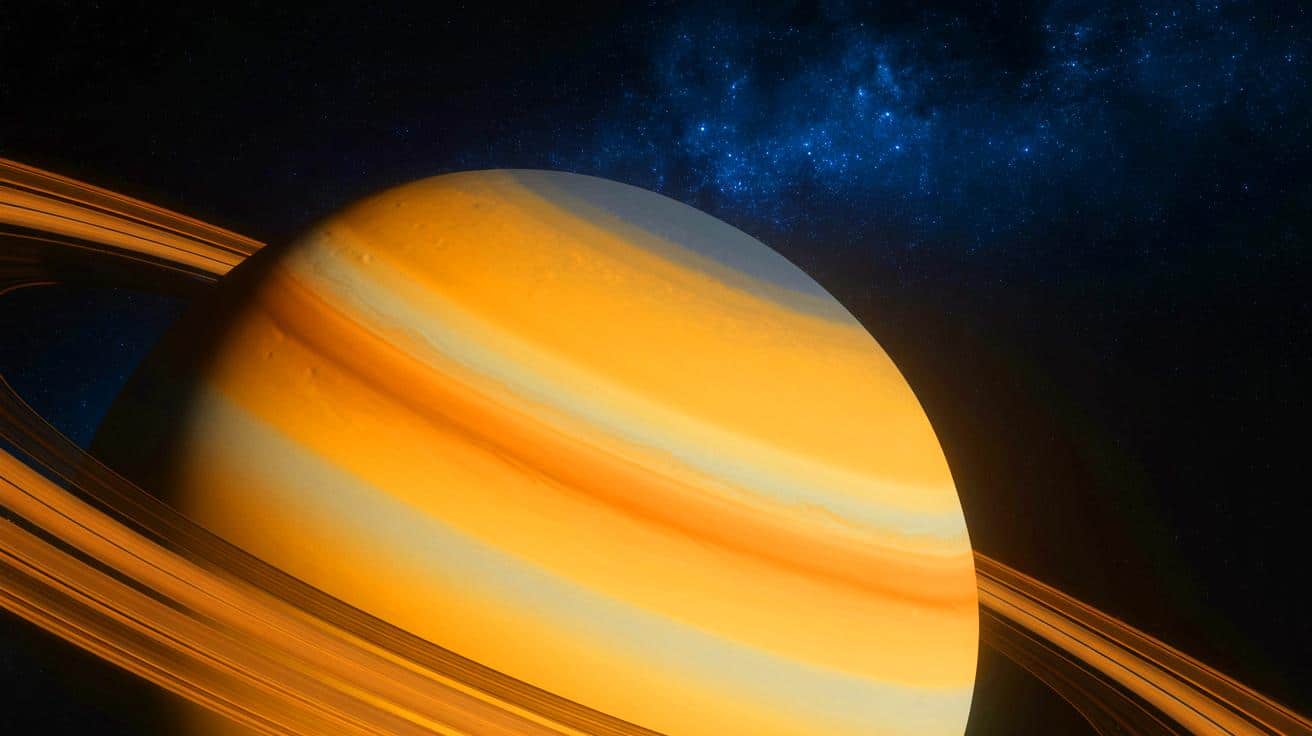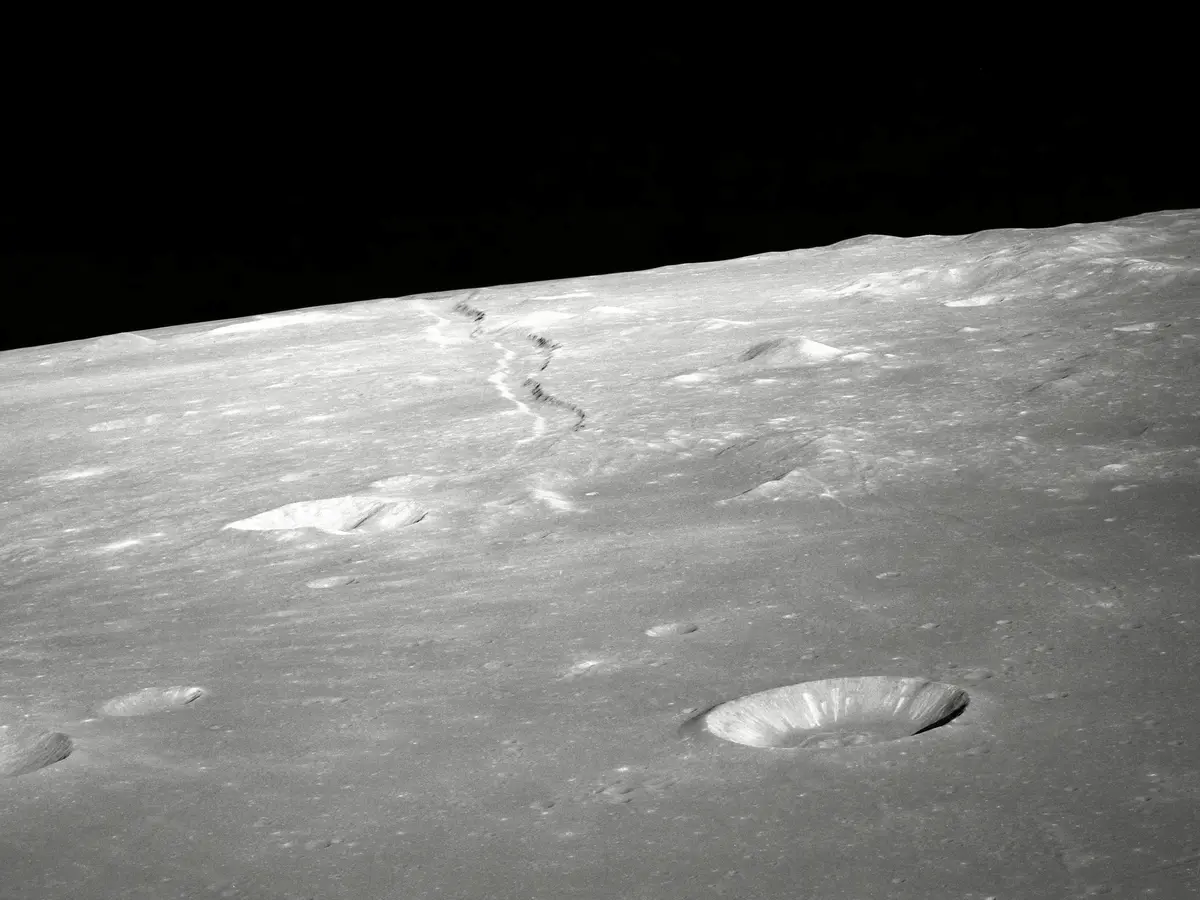Unbelievable Discovery: Could Alien DNA Be Hidden in Humans?

What if the DNA in your body isn’t entirely human? That’s the jaw-dropping claim from Dr. Max Rempel, a molecular biologist who is turning heads with his latest research on alien DNA being inserted into humans!
According to Dr. Rempel, who holds a PhD from the Institute of Gene Biology in Moscow, this bold assertion comes after analyzing the genetic data of 581 families. His findings are nothing short of astonishing: at least 11 families exhibited large segments of DNA that didn’t originate from either parent or any known relative. The implications are staggering—could these strands belong to extraterrestrial beings?
In his study, published by the DNA Resonance Research Foundation, Dr. Rempel referenced the public 1,000 Genomes Project, which he used to map out genetic markers that fall outside the capabilities of modern gene-editing tools like CRISPR. Even more intriguing is that these genetic anomalies existed before such technology was even dreamt of!
Dr. Rempel goes further, suggesting that these peculiar genetic markers could explain why certain individuals display extraordinary abilities—think telepathy, enhanced perception, or even clairvoyance. “Humanity may be undergoing a genetic transformation,” he argues, hinting at a fascinating, if unsettling, possibility.
But wait, there’s more! Dr. Rempel also examined samples from individuals who allege they've been abducted by aliens. Some of these samples revealed traces of “non-parental markers,” implying that these people might carry DNA from sources beyond our planet. He posits that aliens could be selectively targeting specific bloodlines and individuals for this intriguing genetic experimentation.
“If confirmed, it could be possible to detect which humans carry alien DNA,” Dr. Rempel stated, opening a Pandora's box of questions about hybridization and our understanding of human evolution.
However, not everyone is jumping on this extraterrestrial bandwagon. Experts like Nigel Watson, author of Portraits of Alien Encounters Revisited, urge caution. “We need to carefully verify these accounts before drawing conclusions about DNA,” he warns, reminding us that extraordinary claims require extraordinary evidence.
Even Dr. Rempel admits that the current genetic sampling technology may not offer accurate results, and he plans to broaden his research to gain a clearer picture of this phenomenon. “We need better data, and approval takes time,” he concluded, leaving us all to wonder: Are we on the brink of uncovering an otherworldly truth?








